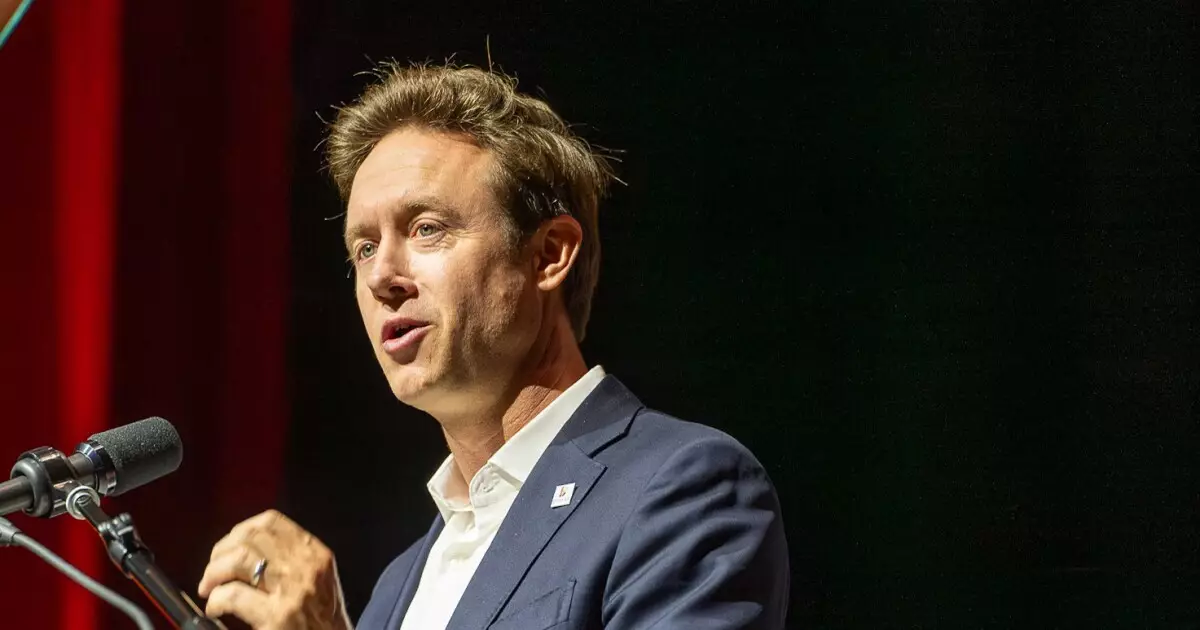Denver voters will have the opportunity to consider a sales tax increase on the upcoming Nov. 5 ballot. This measure, proposed by Mayor Mike Johnston, aims to raise approximately $100 million annually to address the affordable housing crisis in the city. The city council voted 9-4 in favor of the 0.5% tax hike, emphasizing the importance of providing affordable housing options for various essential workers and families in Denver.
To enhance the financial flexibility of the proposed tax increase, the council decided to extend the expiration period from 30 years to 40 years. This move was suggested as a way to allow for more time to explore different financial options, including the possibility of utilizing bonds. Council Member Amanda Sawyer highlighted the potential benefits of the extended timeline, such as the opportunity to refinance bonds in the future to save on interest costs for the city.
Mayor Johnston has identified a significant gap of 25,000 housing units between the projected 19,000 units and the estimated need of 44,000 units for households earning below 100% of the area median income by 2033. The proposed tax increase for affordable housing aims to bridge this disparity and create more opportunities for individuals and families struggling to find suitable housing options in Denver.
While the initiative to raise funds for affordable housing is well-intentioned, some council members have expressed concerns about the potential impact of multiple tax hikes on Denver residents. Council Member Kevin Flynn voiced his reservations, questioning the effectiveness of making Denver more affordable by increasing the cost of living through sales tax hikes. He suggested that the proposal for affordable housing needed further refinement before being presented to voters.
If both the proposed housing tax increase and the previously approved health care tax increase are passed, Denver’s total sales tax rate would increase from 8.81% to 9.65%. This would make Denver one of the non-resort cities in the state with the highest sales tax rate. The cumulative impact of these tax hikes on residents’ cost of living is a significant factor that continues to be a point of contention among council members and residents alike.
Aside from the proposed tax hikes for housing and health care, another ballot measure is pending council approval. This measure intends to expand the scope and bonding capabilities of the Denver Downtown Development Authority. The expansion would allow for the financing of public facilities and improvements through incremental increases in sales and property taxes within a specified area. This additional measure further adds to the ongoing discussions and debates surrounding Denver’s financial priorities and the allocation of resources for public benefit.
The potential sales tax hike for affordable housing in Denver represents a critical opportunity to address the pressing issue of housing affordability in the city. However, the proposed tax increase is not without its challenges and criticisms. As Denver moves forward with these initiatives, it is essential to engage in thoughtful deliberations and consider the diverse needs of residents to ensure sustainable and equitable growth for the city.

